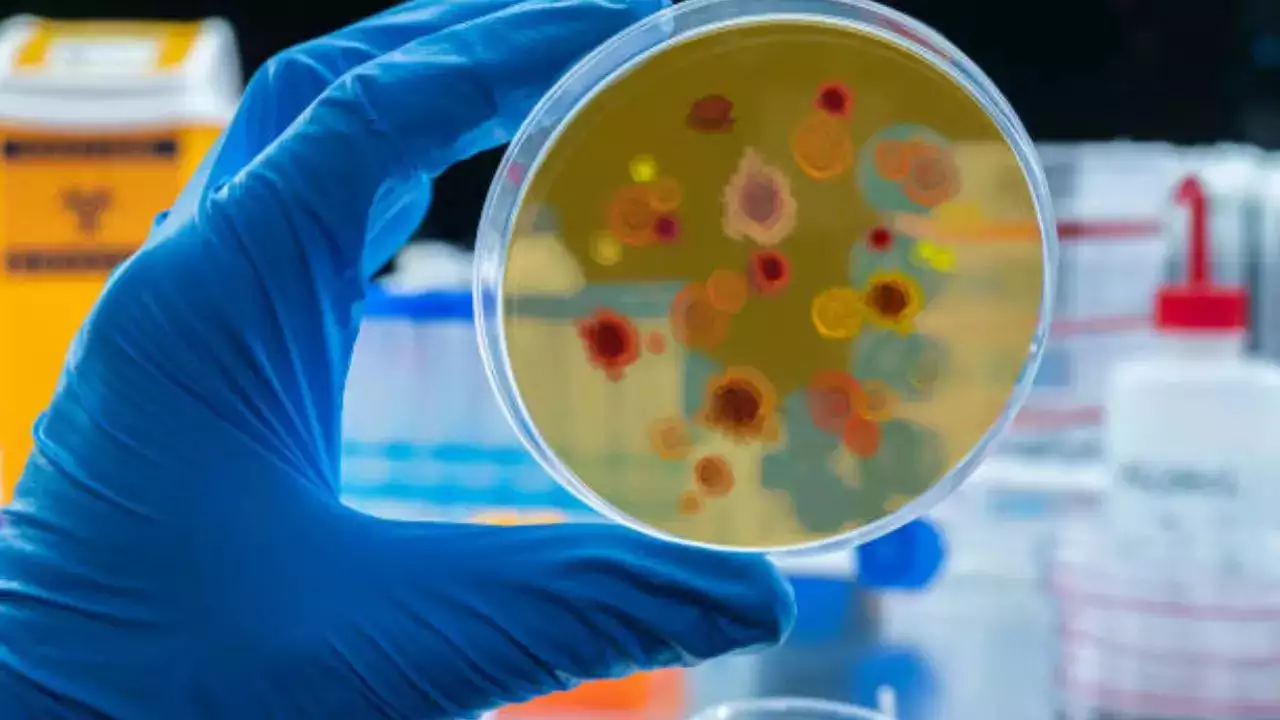
The patients complained of fever, pain, nausea, and loss of consciousness before dying within days of their admission to hospitals
Mysterious Disease In Rajouri: A mysterious disease has killed at least 17 people in Jammu and Kashmir’s Badhaal village, according to authorities here. As of now the exact cause of the death has not been found, but reports say since December, 38 people in the Rajouri district have fallen ill.
According to the Times of India, a high-level inter-ministerial team reached the affected area as Home Minister Amit Shah constituted an inter-ministerial team to ascertain the causes of deaths that took place.
The mountain village is 55 km from Rajouri town.
PTI has said the patients complained of fever, pain, nausea, and loss of consciousness before dying within days of their admission to hospitals. "J&K Health Department and other departments probed the deaths, but the exact cause has not been found yet. The Home Minister has constituted a team of inter-ministerial experts, and they have reached here," Lt Governor Manoj Sinha told reporters on Sunday.
Could the illness be due to neurotoxins?
According to the doctors treating the patients, all the deceased patients had brain swelling or edema. Dr. AS Bhatia, principal of Government Medical College, Rajouri, said the neurotoxins found in samples analyzed by premier laboratories in the country said they caused brain damage.
However, the test results did not show any virus or bacteria, thereby ruling out any communicable disease.
What are neurotoxins?
According to experts, neurotoxins are substances that cause changes in the function of any part of your nervous system—specifically the brain. These changes range from mild to severe and can be treatable or long-lasting, depending on their amounts.
Neurotoxins lead to neurotoxicity, which results from exposure to excess amounts of normally nontoxic substances, like certain medications. Doctors say it can also result from chemicals that are neurotoxic at all doses, like lead.
These substances also interfere with the transmission of nerve signals, causing a range of effects, from mild discomfort to severe neurological damage or even death. They target neurons—the cells responsible for processing and transmitting information in the nervous system.
Natural sources of neurotoxins include venoms from snakes, spiders, and scorpions, as well as toxins produced by bacteria like botulinum, algae, and certain plants. Doctors say exposure to neurotoxins can occur through ingestion, inhalation, skin contact, or injection.
Signs and symptoms of neurotoxicity
Doctors say the symptoms of neurotoxicity vary widely depending on the type of neurotoxicant exposure. A few of these include:
- Coordination and balance issues
- Severe diarrhoea
- Fatigue and tiredness
- Headache
- Loss of appetite
- Pain disorders like neuropathic pain
- Muscle weakness and spasms
- Nausea and vomiting
- Insomnia and other sleep disorders
- Vision issues
- Behavioural changes or issues
- Cognitive decline
- Dizziness or disorientation
- Increased aggression
- Memory loss
- Breathlessness
- Changes in heart rate
- Loss of consciousness
- Seizures
- Sudden and extreme muscle weakness
Can neurotoxicity be prevented?
Experts say, that while it is practically impossible to prevent all exposure to neurotoxicants since they are prevalent in your daily life, there are a few steps you can take to try to reduce your risk of exposure:
- Install a carbon monoxide detector in your home and change the batteries yearly.
-
Never mix cleaning products or household chemicals.
- Have your house tested for lead and other chemicals
- Keep your windows closed on days with bad air quality
Get Latest News Live on Times Now along with Breaking News and Top Headlines from Health and around the world.
